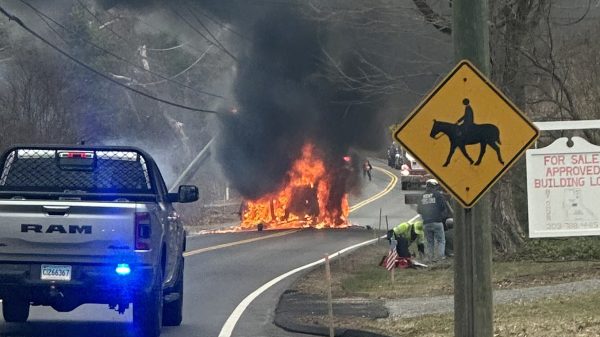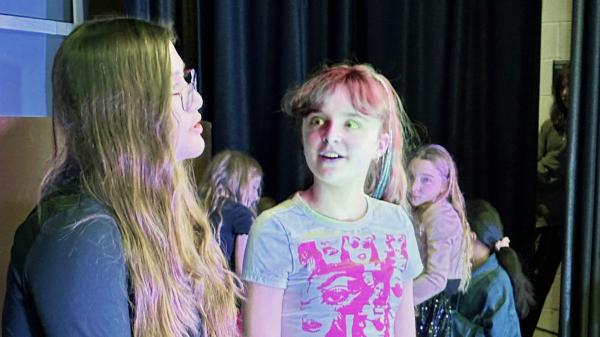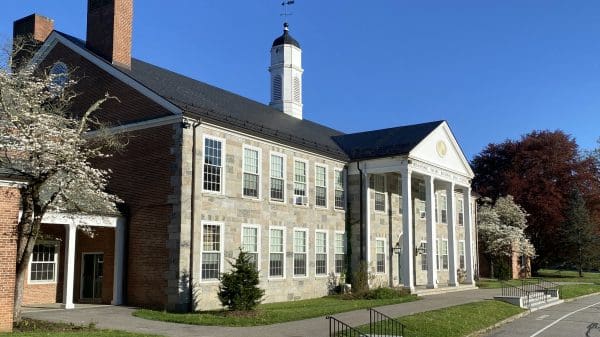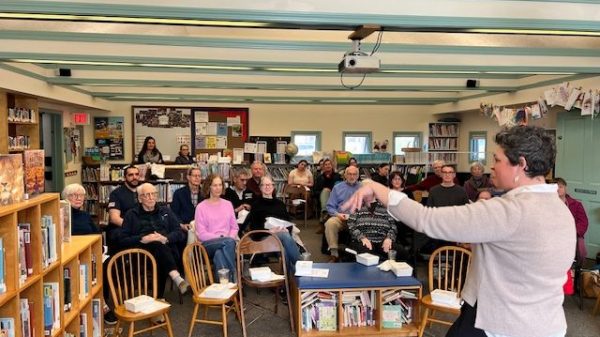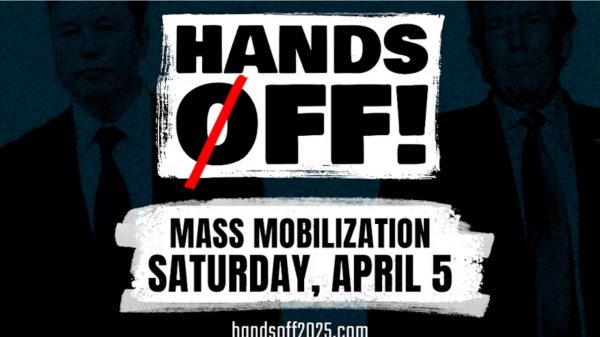
Question
What is the Electoral College?
1. A college in Washington, D.C., where states send delegates to vote for president and vice president
2. The people who vote for president and vice president
3. The process of electing a president and vice president
Answer: 3
What is the Electoral College?
According to the Electoral College website, it is “not a place but is the process of electing the president and vice president” as laid out in Article II, Section 1 of the United States Constitution as amended. It is a somewhat complicated system that many feel is outdated, as it does not allow for the direct election of presidential candidates.
What are Electors?
Each state is allowed a number of electors that corresponds to the number of their number of representatives in the House of Representatives, plus their two senators.
Connecticut, based on its population, has five representatives in the House, plus its two senators.
That gives Connecticut seven electors.
District of Columbia is allocated three electors with voting rights. Each party that has candidates running for president and vice president chooses the people who will be the electors for their candidate; when you vote, you vote for the electors not the candidates.
There are 538 electors equaling the same number of members of the House and the Senate, plus the District of Columbia’s three electoral votes.
It takes a simple majority of 270 electoral votes to win the presidency.
Most states allocate their votes to “winner takes all,” so whomever wins the most votes in the state wins all the state’s electoral votes.
Maine and Nebraska allocate theirs by district so that in case of a candidate being one vote shy in the Electoral College, a district in one of these states could determine the outcome of the election.
As it is unlikely that a Constitutional amendment to change the system would pass Congress or enough state legislatures, there has been a movement to change the way states allocate their electoral votes.
Called the National Popular Vote, this initiative asks states to change the way they allocate their delegates.
Instead of the “winner takes all” system, it would change to a system where whoever wins the national popular vote would win all that state’s electoral votes.
This system is a way to assure that whoever wins the national popular vote wins the election (there have been five instances when the winner of the popular vote lost in the Electoral College). So far, 18 states with a total of 209 electoral votes (Connecticut is one), have signed on.
Counting Electoral Votes
There are several important dates on the Electoral College’s calendar prior to Congress’ ceremonial act of certifying the votes from the states on Jan. 6.
After the election is over, the chief election official in each state has to prepare a Certificate of Ascertainment, which lists all the names of the electors on the slate for each candidate, the number of votes for that candidate, and which individuals were appointed as the state’s electors based on which candidate was chosen as the winner.
This document is then sent to the National Achieves & Records Administration (NARA) in Washington, D.C.
The next step is when the designated electors meet in their various states on the first Tuesday after the second Wednesday in December (Dec. 17 this year) and cast their votes for president and vice president on separate ballots.
The electors of each state record their votes on a Certificate of Votes that is sent to both Congress and the NARA.
On Jan. 6 (which is a Monday in 2025) at a joint session of Congress, the members of the House and Senate meet in the House chamber for the official count of votes. The vice president, in her role as president of the Senate, presides over the counting.
This is a strictly ceremonial count as prescribed by the Constitution. When the counting is complete, the vice president announces the vote and declares the winner, if there is one.
If there is not, the choice is sent to the House of Representatives where each state has one vote.
In a peaceful transfer of power, the president elect is sworn into office at noon on Jan. 20. Only once in the history of the U.S. has there been a violent attempt to thwart this process. That was on Jan. 6, 2021.
Why do we have the Electoral College?
When the Constitutional Convention delegates met in 1787 to draft a new government, one with a stronger central government and a strong chief executive (president), they feared one thing above all else—that someone would declare himself king or dictator. For this reason, they added checks and balances between the three branches of government.
One of their concerns was how to elect the president and prevent him—there was no thought of a woman in the role—becoming a king or dictator. There were two proposals that were turned down.
First was one to have Congress elect the president. This idea was discarded because it was felt that a leader could collude with Congress to take over the government permanently.
The second proposal was the direct election of the president by the people. This, however worried delegates from the smaller states (in 1787 there were 13 states, transportation and communication was by word of mouth, a proclamation read and/or posted, or mail and these were transmitted by foot, horseback, carriage or boat. There were no railroads, telegraphs, telephones, internet or the like).
They worried that the larger states would be able to name their favorite sons. They also worried that voters in their states would have no idea who were the prominent men in other states, and that a national institution such as the organization of Revolutionary War officers, The Society of the Cincinnati, would have the power to get its members to support their own leader and create a dictatorship.
The Electoral College was born as a compromise to prevent either of these scenario’s from happening.
In the United States’ 237-year history there have been some changes to the Electoral College specifically dealing with representation and who can vote.
There have been more than 700 attempts to make significant changes or abolish it completely. None of these have succeeded.
The U.S. has changed a lot since 1787. We have 50 states, not 13.
The population in 1787, mostly rural, was 3.9 million; today it is between 335,893,238 and 345,426,571, most centered around cities.
Information is almost instantaneous and presidential campaigns are years-long, with primaries and televised conventions. Many people question whether the Electoral College and the reasons for it are still relevant.
Let us know your thoughts on this issue. Send them to editor@kentgtd.org.
Other Remembering Civics columns can be found here:


